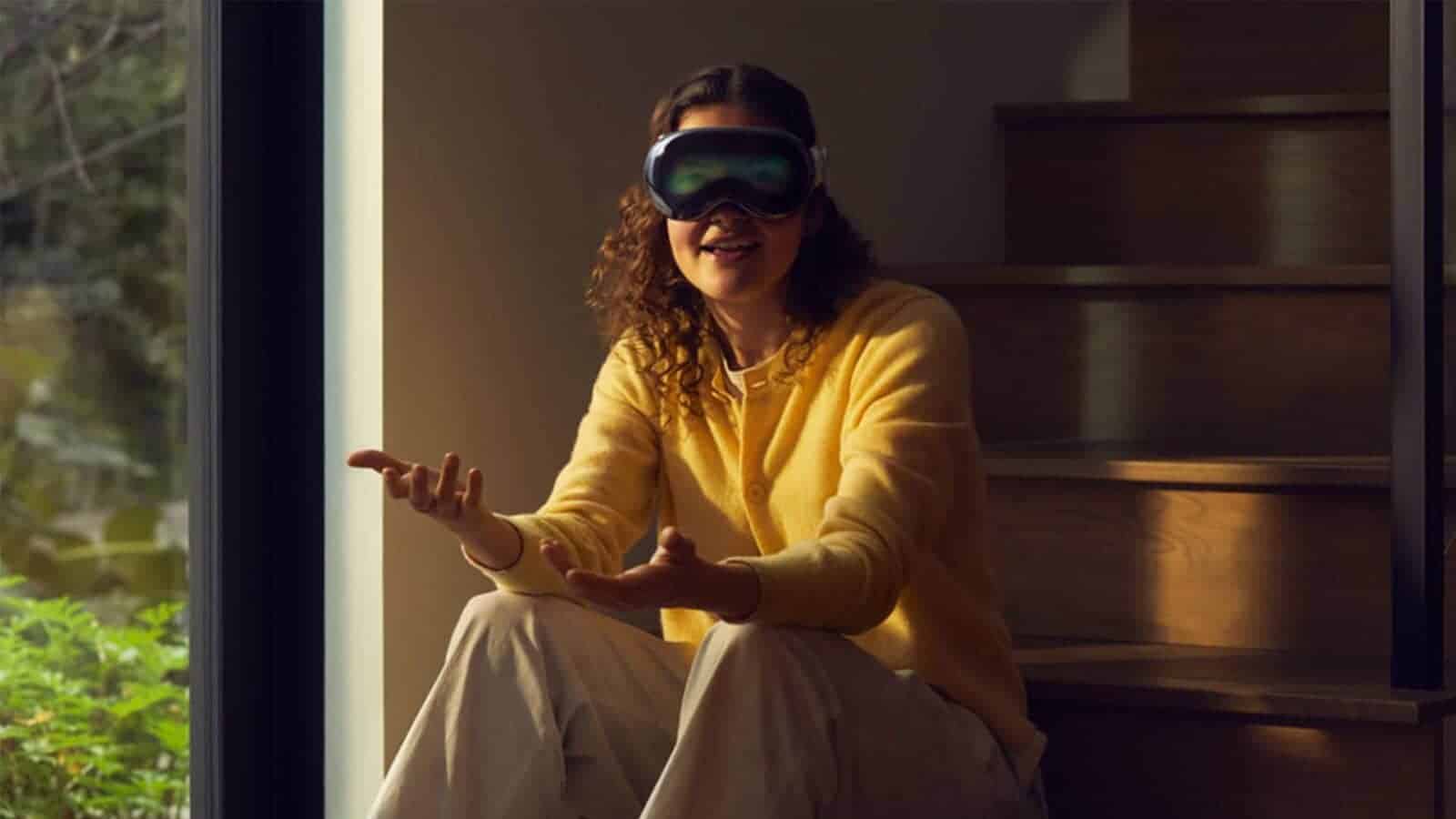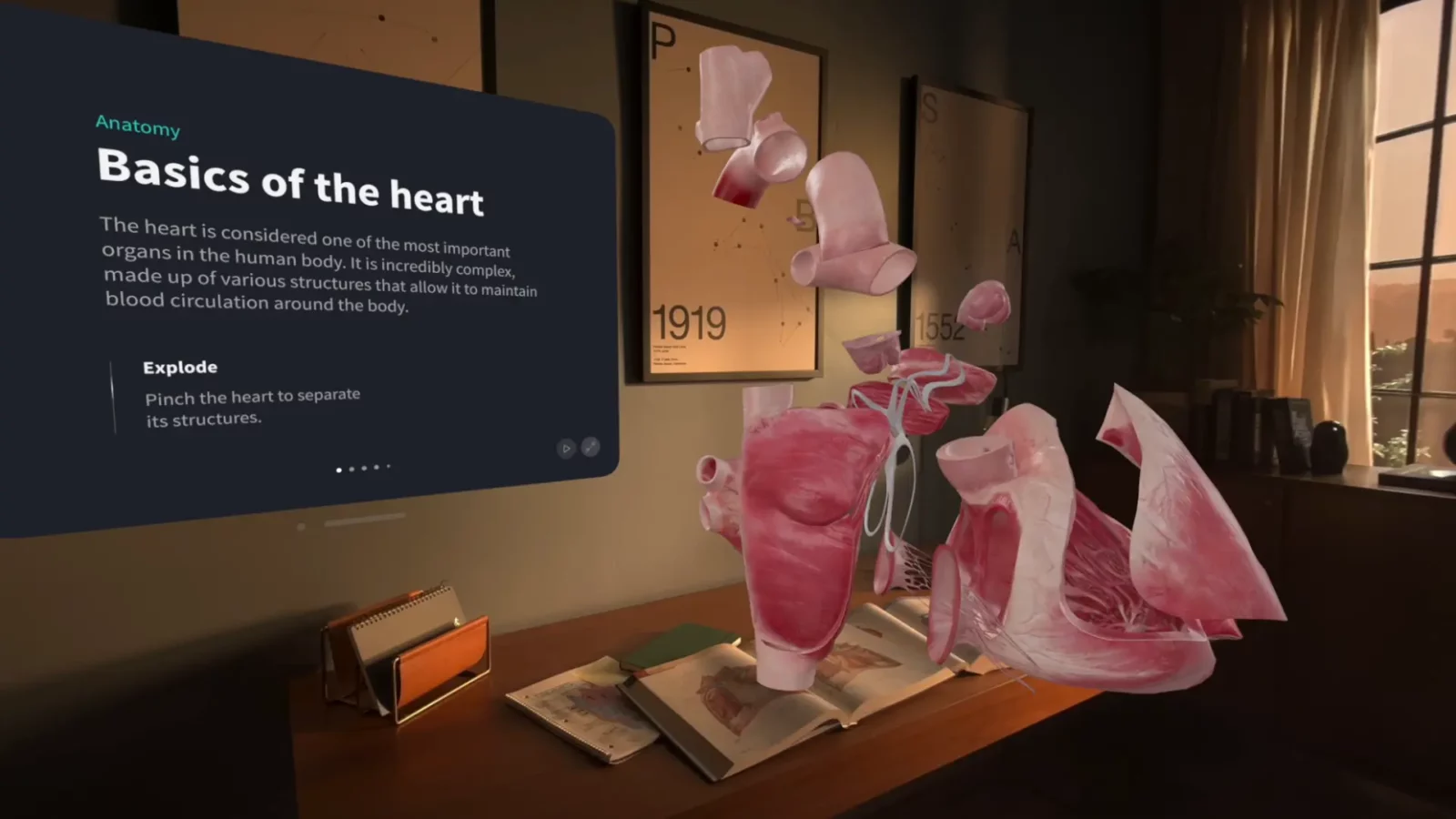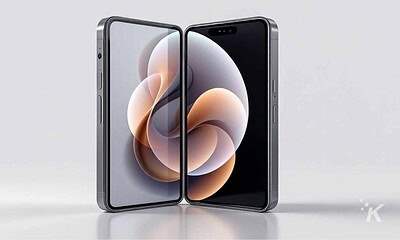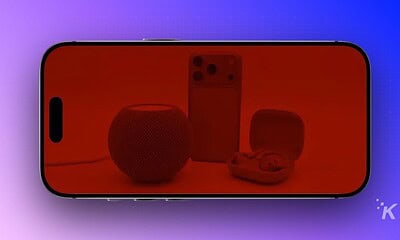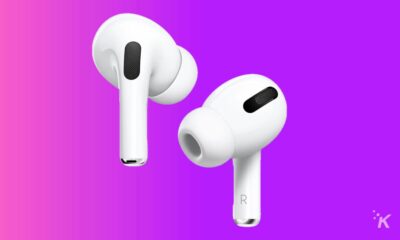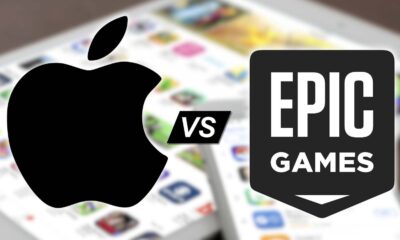Apple
Apple’s Vision Pro to integrate iPad and iPhone apps
That’s right, thousands upon thousands of apps will run on the Vision Pro.
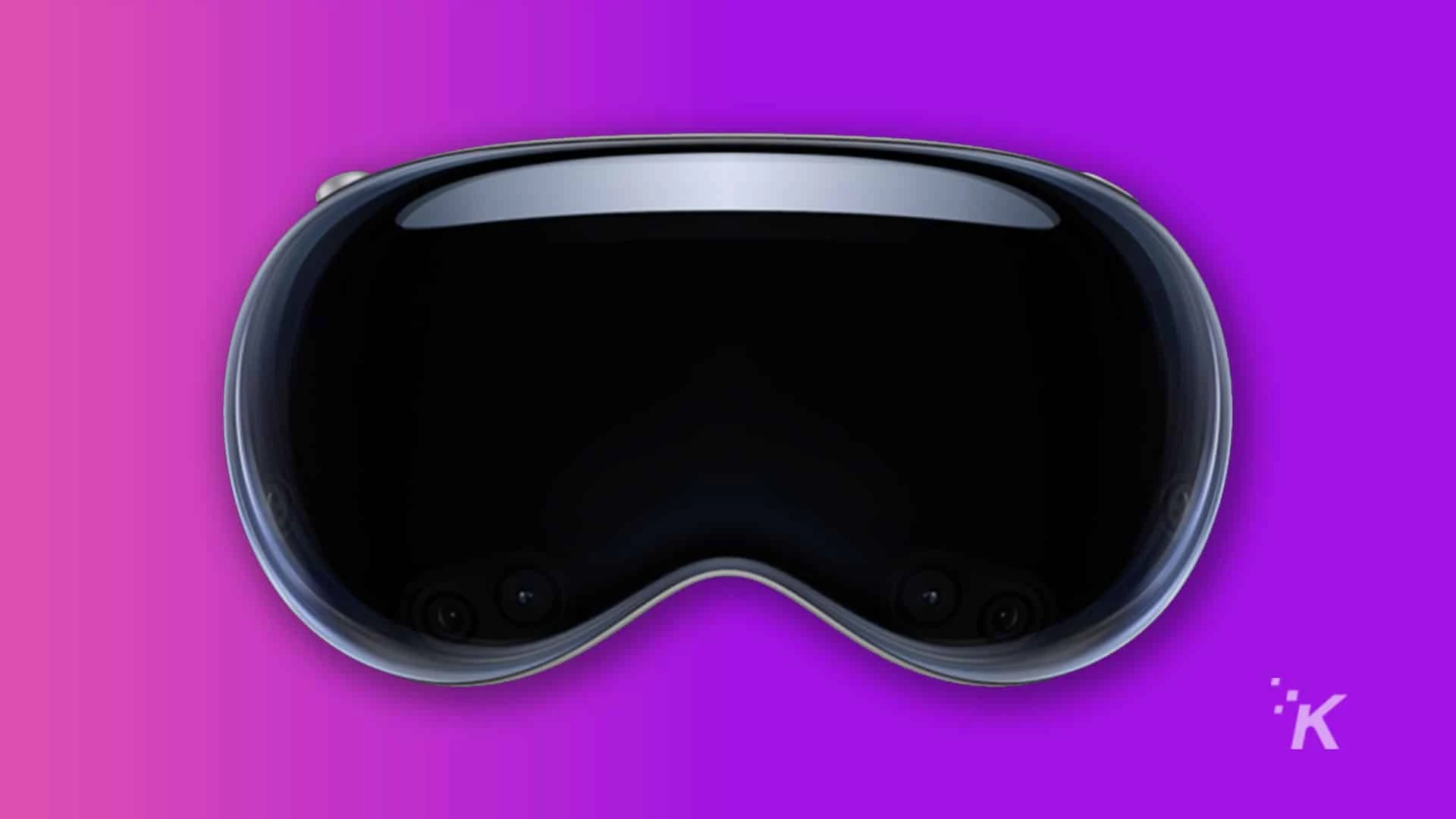
Just a heads up, if you buy something through our links, we may get a small share of the sale. It’s one of the ways we keep the lights on here. Click here for more.
The long-awaited Apple Vision Pro has captured tech enthusiasts’ attention as a wearable device officially termed a “spatial computer.”
Apple is positioning the device as a bridge between the digital and physical world while allowing you to do many computer-based tasks without dealing with the confines of a laptop screen.
For example, you could compose a graphic design scheme on a blank wall of your office instead.
However, with the high starting price of $3,500, most people will understandably want concrete details about what it can and cannot do. Some recently emerged about whether people can use iPhone and iPad apps with the Vision Pro.
Vision Pro will work with most existing apps
Apple’s official website for the Vision Pro promises, “Free your desktop, and your apps will follow.” It turns out that’s not just marketing language. A developer update in early September 2023 spells it out clearly.
The launch coincides with the opening of a new App Store for apps designed for the device’s visionOS operating system. But that’s not all, the vast majority of iPhone and iPad apps will already work with the headset.
That’s right, thousands upon thousands of apps will run on the Vision Pro without modifications. Any apps that aren’t compatible won’t be shown in the new App Store.
Apple will also notify developers if their app won’t work with the headset, and give them tools to test how their apps will work.
Will developers rapidly create Vision Pro apps?
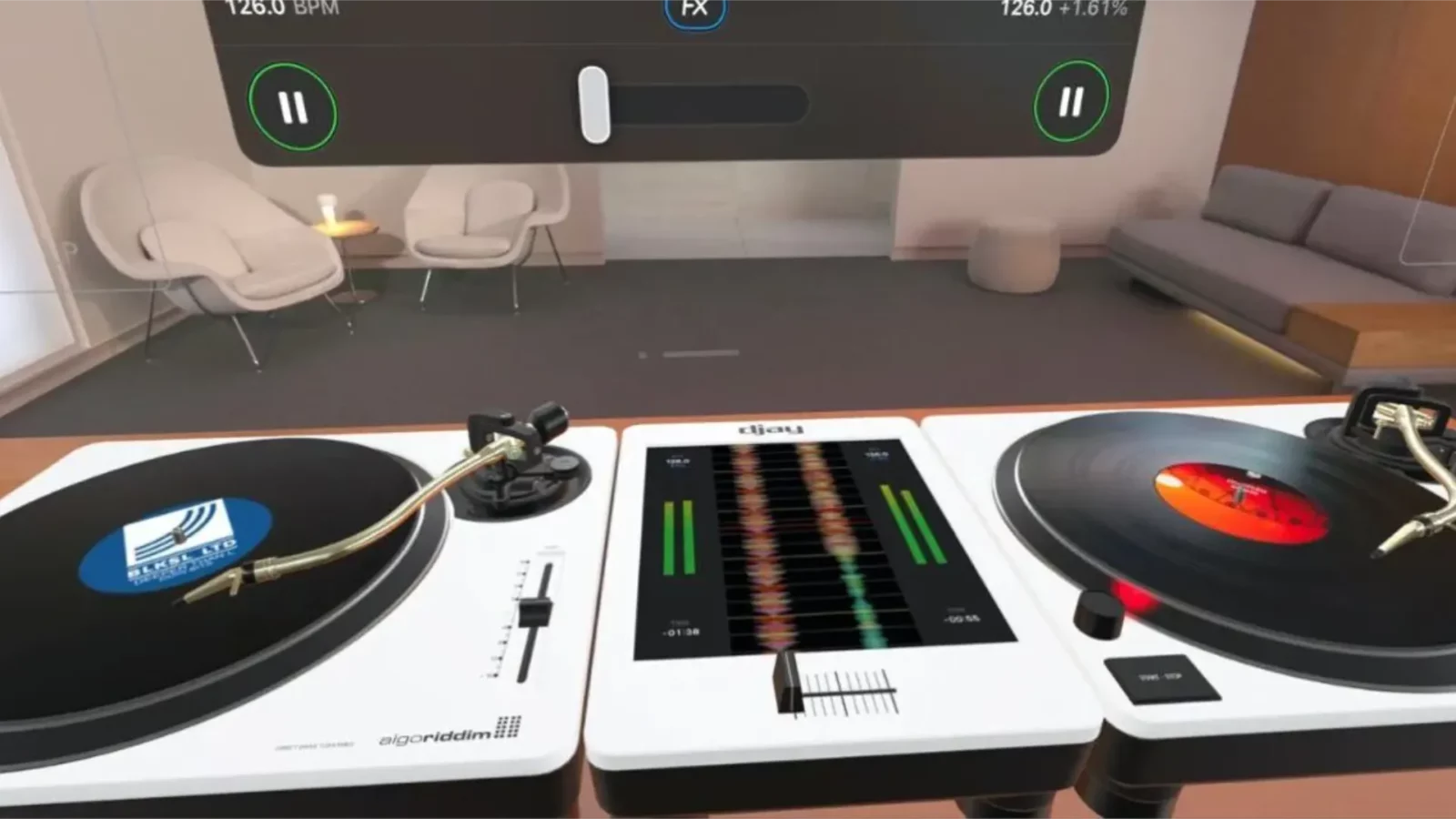
One question that we won’t know the answer to for some time is how many dedicated apps will launch with the headset, and which categories those will cover.
Will developers see more of a market for games and entertainment or workplace productivity tools?
The device’s immersive capabilities make it easy to imagine how some industries might rely on it to transform learning opportunities.
For example, medical technologists support diagnostics and treatment by performing and analyzing numerous lab tests.
The Apple Vision Pro could expand teaching and learning opportunities, and support medical breakthroughs by allowing people to interact with content in new ways.
One Vision Pro app currently in a demo format is Complete HeartX. It includes highly realistic 3D models and animations to teach students about heart problems such as ventricular fibrillation.
Or for entertainment, the djay app lets users become a DJ without any equipment, providing digital equipment at their fingertips.
Some analysts say developers may not rush to create Vision Pro-specific apps because of the device’s high price and relatively small user base.
However, it’s helpful that making apps compatible with the headset won’t be difficult. It’s even more important that most iOS and iPadOS apps will already work without modification.
Then, users will see plenty of offerings when they start using their new Apple headsets.
Stirring anticipation
There is a great deal of uncertainty surrounding the Apple Vision Pro headset. What
However, as additional details emerge, curiosity arises as potential users see how the headset could impact their workflow.
It’s also great to see that the majority of existing App Store apps will be compatible at launch—even if developers originally made them for the iPad or iPhone.
Have any thoughts on this? Drop us a line below in the comments, or carry the discussion to our Twitter or Facebook.
Editors’ Recommendations:
- Does Apple Vision Pro require iPhone?
- Does Apple Vision Pro work with glasses?
- Why the Apple Vision Pro might be a challenge to get your hands on in 2024
- How the Apple Vision Pro compares to Meta’s headsets

